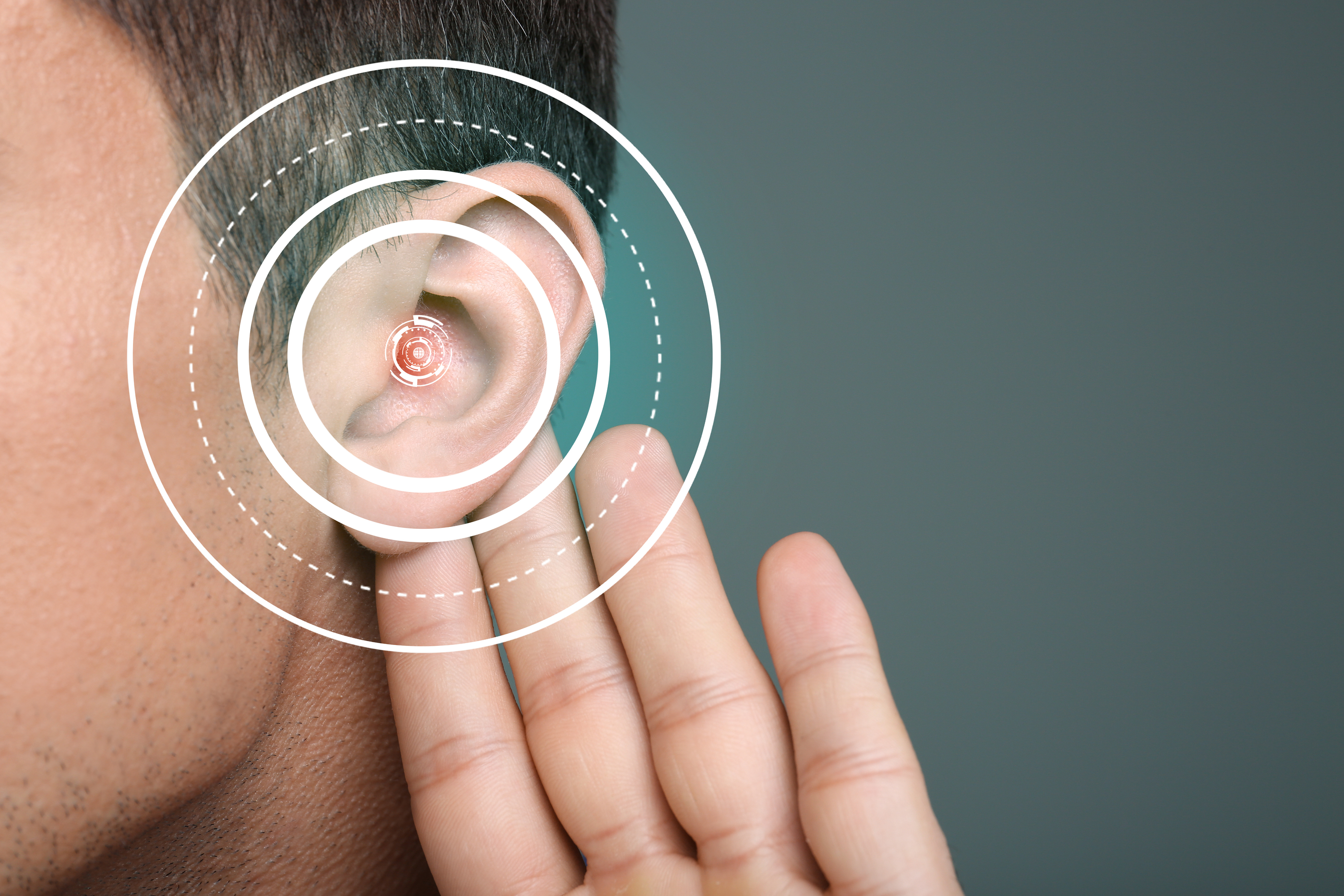Author: DynamicBrain Inc.
Publication: Monthly Newsletter
Published Date: June 21, 2023
Autism spectrum disorder (ASD) is a developmental disability caused by differences in the brain. Some people with ASD have a known difference, such as a genetic condition. But while scientists believe there are multiple causes of ASD that act together to change the most common ways people develop, those causes are not yet known.
However, the good news is that BrainHQ can help! A couple of months ago, researchers from the University of Minnesota published the results from an exploratory single-arm study that showed significant gains in clinical and cognitive measures among people with ASD using our cognitive training program, BrainHQ. Learn more, and please feel free to share the news if you know someone with ASD.
Don’t forget to do your own brain training today, and, if you still don’t have full access, join now.

Kind regards, Frieda Fanni
President
DynamicBrain Inc.
DynamicBrain Inc. is the Canadian partner of Posit Science Corporation since 2010 providing brain fitness program BrainHQ in English and French.
|
 |
 Hearing through the noise
Hearing through the noise
We’ve all been there—struggling to make out what a friend is saying to us in a noisy crowd while straining to focus on their voice among so many others. Who would have thought your brain actually decodes speech differently in these sorts of noisy environments? According to scientists who used neural recordings and computer models to study this situation, it all depends on the speaker’s volume and how well we focus on it.
Learn more about their methodology and the impacts their research could have.
 Re-sculpting the brain
Re-sculpting the brain
Too hot or too cold and our brains would start to fail. We spend a lot of energy maintaining a constant brain temperature. The octopus—an incredibly intelligent sea creature—has a sophisticated brain that requires just as much care as ours. But how does an octopus regulate brain temperature in water where the temperature can vary so much? They’ve got a trick up their sleeves that’s hidden inside their cells.
Read or listen to this article to find out what octopuses have to teach us.
 Predictive waves
Predictive waves
Imagine being able to predict thinking problems, such as dementia, in patients with Parkinson’s disease simply by placing an electrode on top of a patient’s head and taking a few minutes of brain wave recordings. It may be as easy as that according to a new University of Iowa study that explored the relationship between the brain and cognitive decline in individuals with Parkinson’s disease.
Read on to learn more about this study’s findings.